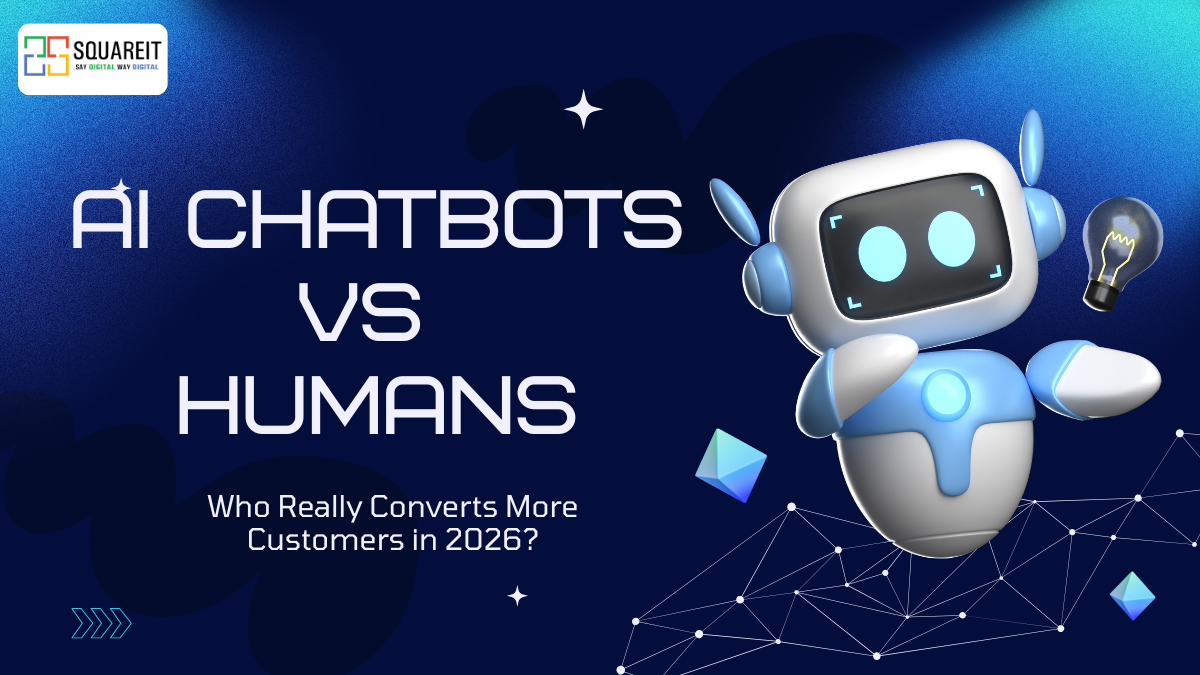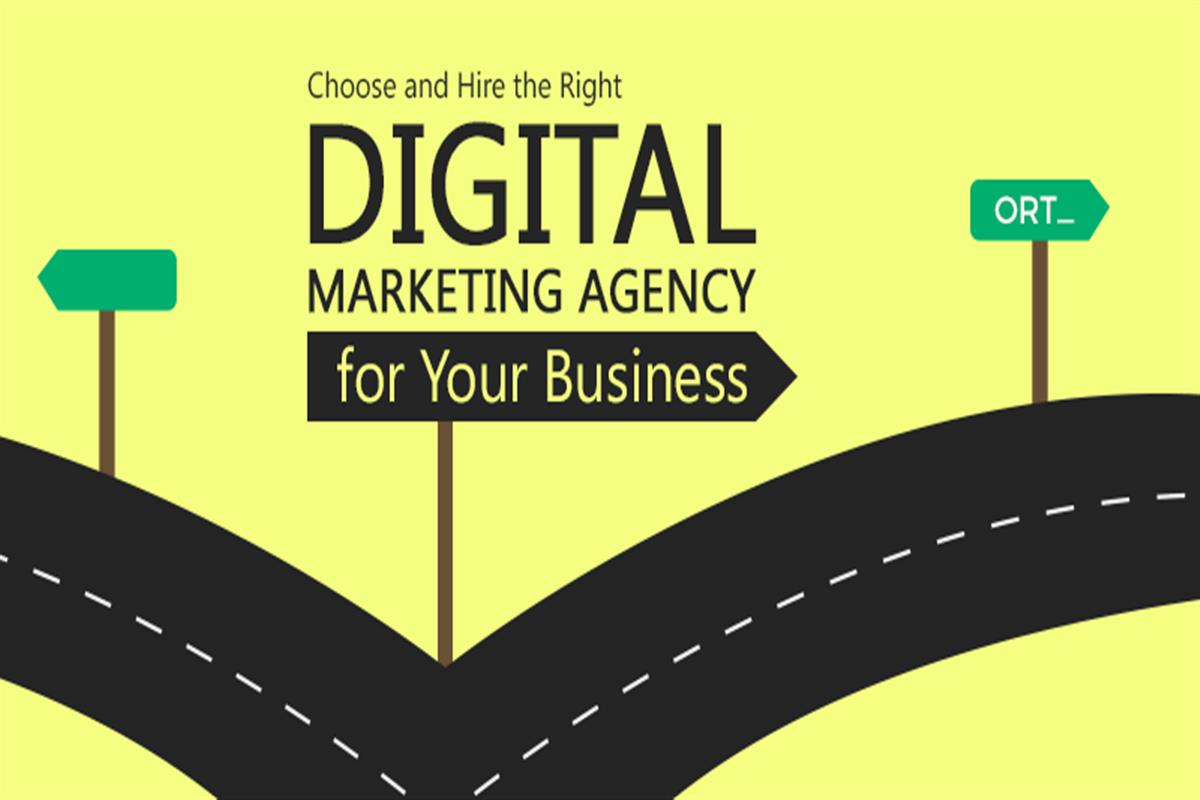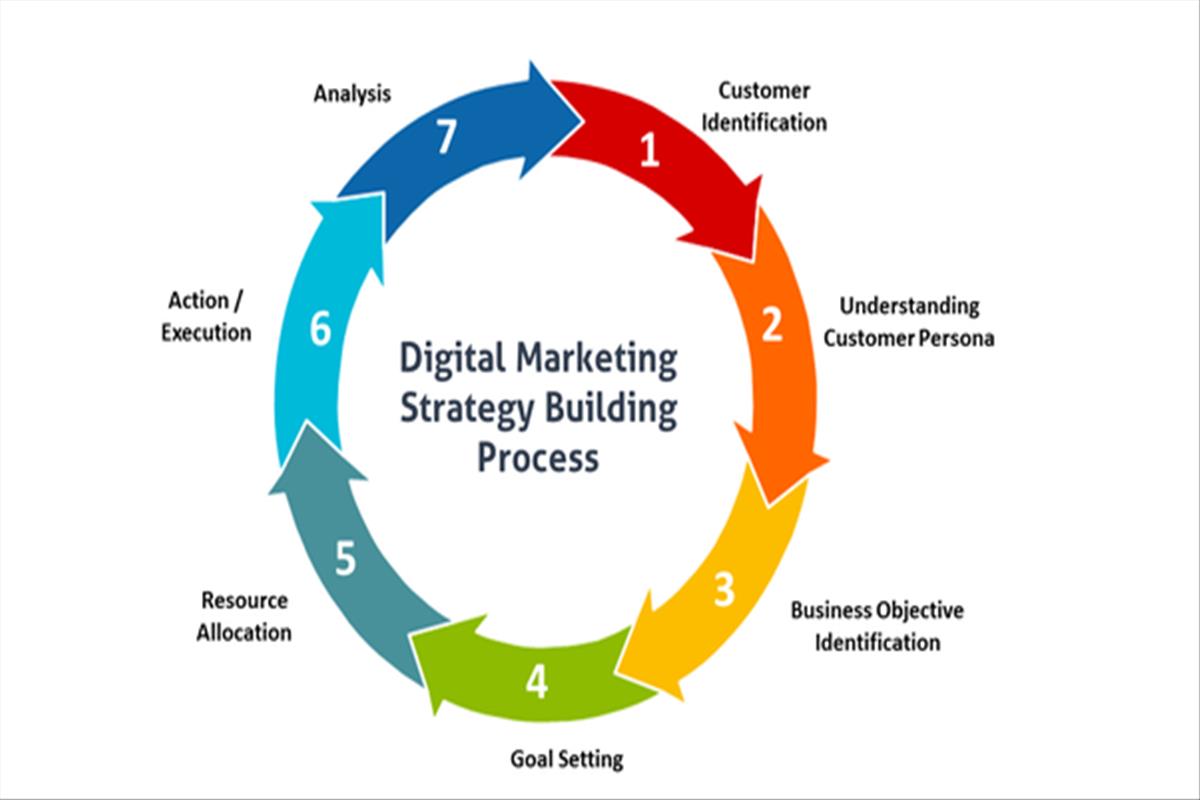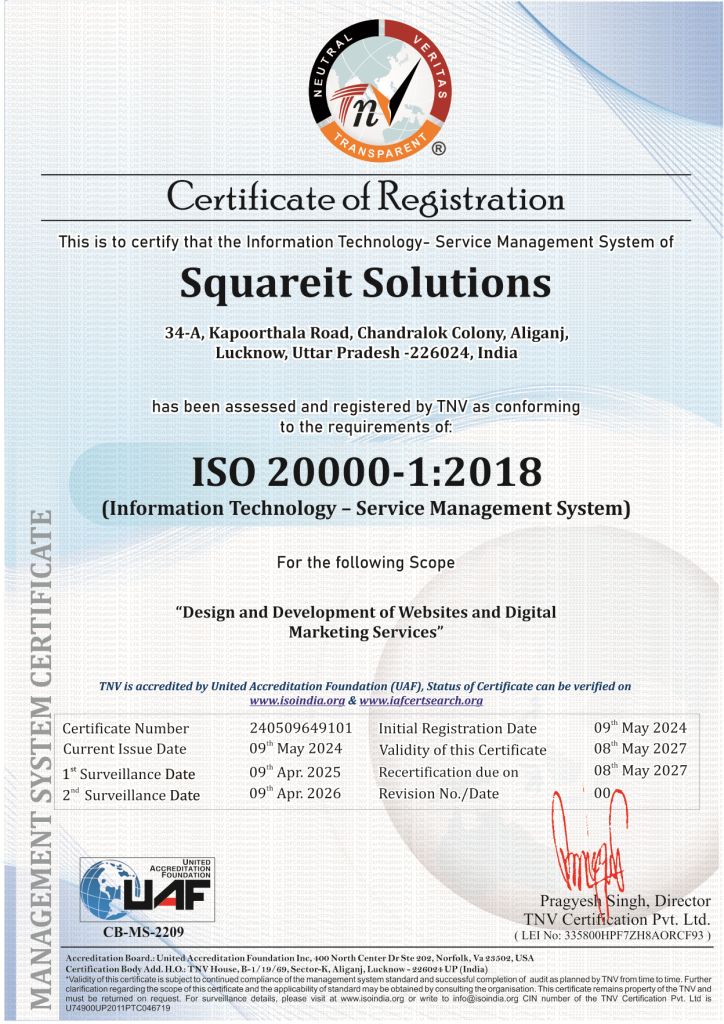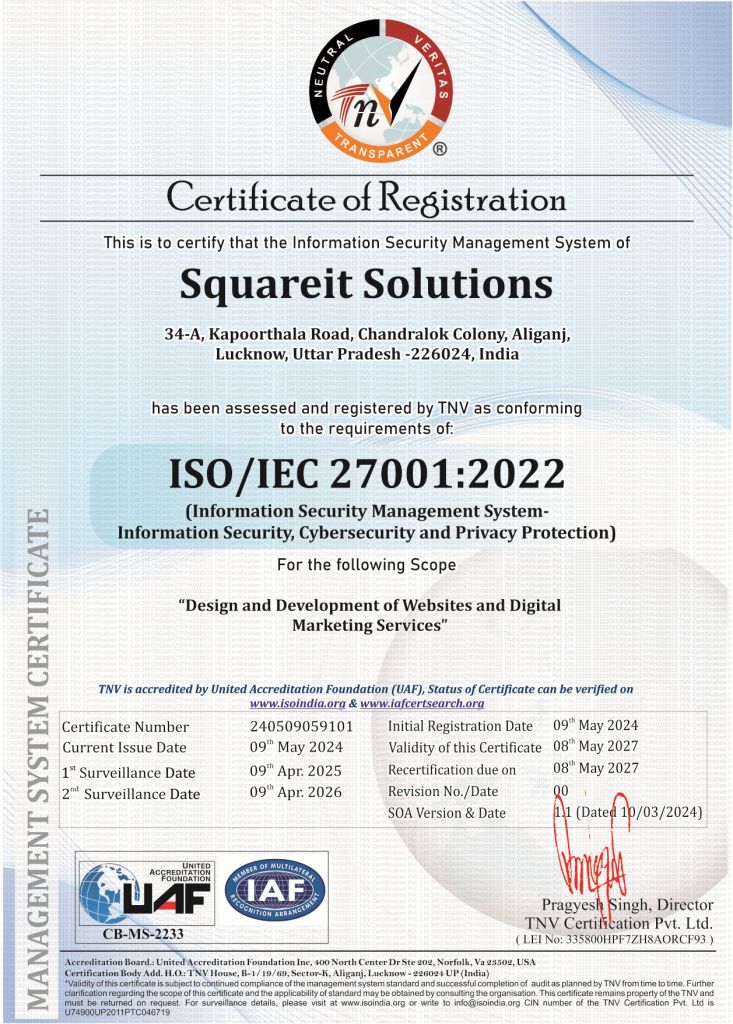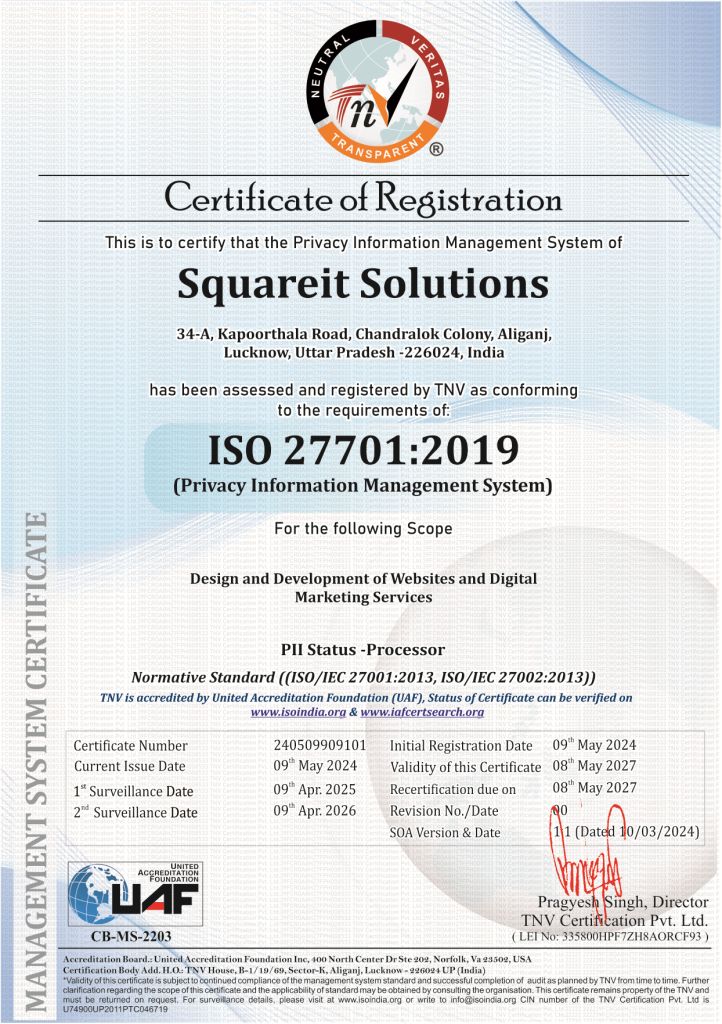AI chatbots vs humans: Discover who converts more customers in 2026 and why hybrid models win."
In 2026, businesses are racing to capture every potential customer who visits their digital or physical touchpoints. With customer expectations higher than ever, brands face a crucial question: should they rely more on AI chatbots or human agents to convert leads into loyal customers? This debate has evolved significantly in recent years, with artificial intelligence now capable of advanced natural language processing, predictive behavior analysis, and real-time personalized engagement. Yet, human touch remains unmatched in many situations where emotion, empathy, and complex negotiation play pivotal roles.
This blog explores the key differences between AI chatbots and human agents, their impact on conversions, and how businesses in 2026 can strike the perfect balance to maximize sales and customer satisfaction.
The Rise of AI Chatbots in Customer Conversions
AI chatbots have evolved from simple scripted responders to intelligent conversational tools. Powered by machine learning and natural language processing, they can analyze user behavior, anticipate queries, and deliver instant responses across multiple platforms such as websites, apps, social media, and even voice assistants.
One of the biggest reasons businesses are adopting AI chatbots is scalability. Unlike humans, chatbots can handle thousands of conversations simultaneously, ensuring no lead goes unattended. For instance, an e-commerce platform can deploy a chatbot to greet visitors, recommend products based on browsing history, and even process orders within seconds.
In 2026, AI chatbots also integrate with CRM systems and predictive analytics, enabling hyper-personalized experiences. A chatbot may recognize a returning customer, recall their previous purchase, and offer a discount code to encourage repeat buying—all automatically.
The Enduring Power of Human Agents
Despite the rapid rise of AI, human agents continue to play a critical role in conversions, especially in high-value or emotionally charged interactions. Humans bring empathy, critical thinking, and persuasive skills to the table—qualities that are difficult for even the most advanced AI to fully replicate.
Consider industries such as luxury retail, financial advisory, or healthcare, where customers expect in-depth consultations and reassurance before making a decision. In such cases, a human conversation often converts better than an automated interaction.
Moreover, humans excel in handling complex queries, complaints, and objections that may require nuanced understanding, negotiation, or improvisation—areas where chatbots may fall short or provide generic answers.
Key Factors That Influence Conversion Rates
When comparing AI chatbots to human agents, the conversion outcome depends on several factors:
-
Speed of Response: AI chatbots are unbeatable in terms of instant replies, while humans may take longer.
-
Complexity of Query: Simple FAQs and product recommendations are better handled by chatbots; intricate negotiations need humans.
-
Emotional Engagement: Humans tend to win in scenarios requiring empathy or emotional reassurance.
-
Scalability and Cost: Chatbots offer cost-effective scalability, while human teams require training, salaries, and ongoing management.
-
Consistency: AI ensures consistent messaging 24/7, whereas human performance can vary depending on mood, workload, or expertise.
Conversion Data: Who’s Winning in 2026?
According to recent industry reports, businesses using hybrid models—AI chatbots for lead qualification and humans for final conversions—achieved up to 30% higher conversion rates compared to those using only one method. AI alone often leads to higher engagement and initial conversions, while human involvement ensures quality, loyalty, and long-term customer satisfaction.
For example, a travel company may use a chatbot to answer basic itinerary questions, provide quotes, and collect customer details. Once the lead expresses serious intent, a human consultant steps in to close the deal with personalized offers and emotional reassurance.
Benefits of AI Chatbots in Conversions
AI chatbots bring several advantages that make them highly effective in modern customer acquisition strategies:
-
24/7 Availability – Never miss a lead due to time zones or holidays.
-
Instant Response Time – Reduce bounce rates by providing immediate answers.
-
Data-Driven Personalization – Use browsing history, purchase patterns, and preferences to tailor offers.
-
Cost-Effectiveness – Minimize labor costs while handling high conversation volumes.
-
Lead Nurturing Automation – Qualify leads through automated questions and route hot leads to human teams.
Where Humans Still Outperform Chatbots
While AI chatbots shine in automation, they often fall short in areas requiring creativity, empathy, and deep contextual understanding. Here’s where human agents still outperform:
-
Building Trust for High-Value Deals – Complex sales like real estate, premium subscriptions, or financial products often need a human touch.
-
Handling Escalations and Complaints – Customers in distress prefer real conversations over pre-programmed responses.
-
Upselling with Empathy – A well-trained human can read tone, detect hesitation, and offer solutions that resonate emotionally.
The Ideal Approach: AI + Human Hybrid Model
In 2026, the most successful businesses are not choosing one over the other but rather creating a synergistic model. AI chatbots act as the first line of interaction—handling FAQs, qualifying leads, and collecting data—while humans step in for final conversions, cross-selling, and nurturing long-term relationships.
This approach offers:
-
Seamless customer journey from initial engagement to purchase.
-
Lower operational costs without sacrificing personalization.
-
Improved lead prioritization using AI-powered insights.
How to Decide for Your Business
If you’re wondering whether to rely on AI chatbots, human agents, or both, consider the following:
-
Nature of Your Business: E-commerce and SaaS benefit more from automation, while healthcare and consulting lean on human expertise.
-
Volume of Inquiries: High-volume businesses need scalable chatbots to filter leads.
-
Average Ticket Size: The higher the value, the more human touch is usually needed.
-
Customer Demographics: Gen Z and Millennials often prefer quick AI chat, while older generations still value phone or in-person support.
Future of Conversions: What’s Next?
By 2026 and beyond, the line between AI chatbots and human agents will blur further. With advancements in Generative AI, emotional intelligence algorithms, and voice-based assistants, chatbots will become even more lifelike and persuasive. However, human creativity, intuition, and emotional depth will remain irreplaceable for critical conversion moments.
Businesses that succeed will be those that leverage both—using AI for speed and scalability and humans for depth and trust.
Conslusion
So, who really converts more customers in 2026—AI chatbots or humans? The answer is: neither, alone. The highest conversion rates come from a strategic blend of both. AI sets the stage, captures attention, and keeps the funnel full, while humans close the deal with emotional intelligence and personalized care.
If your business hasn’t yet adopted a hybrid model, now is the perfect time to explore the right mix for your audience. Invest in AI tools for instant engagement but never underestimate the power of human connection to turn a prospect into a lifelong customer.

